Survivors mark 10 years since Sandy Hook shooting by helping others

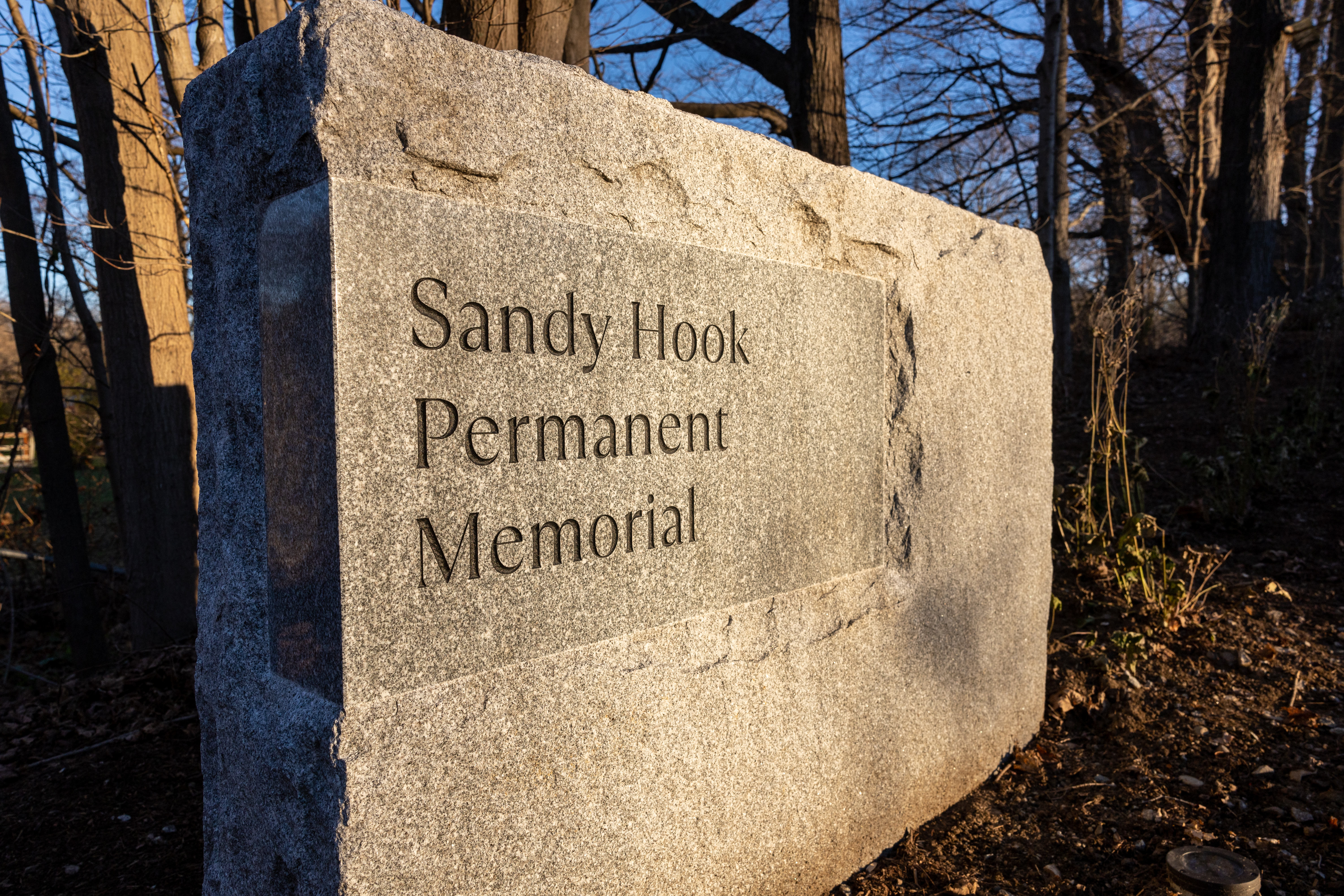
A free daily email with the biggest news stories of the day – and the best features from TheWeek.com
You are now subscribed
Your newsletter sign-up was successful
A decade after one of the worst school shootings in American history, survivors of that tragic day are reflecting on the gun violence that is still commonly seen in the United States.
Wednesday marked 10 years since the Dec. 14, 2012, mass shooting at Sandy Hook Elementary School in Newtown, Connecticut, claimed the lives of 20 children and six adults. The children that died were all between six and seven years old.
Residents of Newtown spent the day attending vigils and paying their respects at a recently erected memorial to the victims.
The Week
Escape your echo chamber. Get the facts behind the news, plus analysis from multiple perspectives.

Sign up for The Week's Free Newsletters
From our morning news briefing to a weekly Good News Newsletter, get the best of The Week delivered directly to your inbox.
From our morning news briefing to a weekly Good News Newsletter, get the best of The Week delivered directly to your inbox.
"I feel it's important that folks hold some time to reflect on those that have been lost through this preventable shooting epidemic," Mark Barden told Reuters. "If everybody does a little bit we can really make a difference."
Barden's son Daniel was killed in the shooting. In the aftermath of his son's death, Barden, along with a number of other Newtown families, co-founded the Sandy Hook Promise, an organization dedicated to teaching people about the warning signs of mental illness and mass shootings.
Others in Newtown have also worked to turn their pain into purpose.
Jackie Hagerty was seven when she survived the gunman's attack. Now 17, she penned a letter to "future school shooting survivors" to try and offer them ways to cope.
A free daily email with the biggest news stories of the day – and the best features from TheWeek.com
"The reason I'm writing this is because I believe that the aftermath of a tragedy is not just the few days that gain the public's attention," she wrote. "It's the years of mourning, grieving, and processing."
"I, myself, was afraid to show my emotions," she added. "I'm here to tell you NOT to do that ... You're allowed to have emotions. It's human, and going through something traumatic almost requires you to have emotions."
Justin Klawans has worked as a staff writer at The Week since 2022. He began his career covering local news before joining Newsweek as a breaking news reporter, where he wrote about politics, national and global affairs, business, crime, sports, film, television and other news. Justin has also freelanced for outlets including Collider and United Press International.
-
 What are the best investments for beginners?
What are the best investments for beginners?The Explainer Stocks and ETFs and bonds, oh my
-
 What to know before filing your own taxes for the first time
What to know before filing your own taxes for the first timethe explainer Tackle this financial milestone with confidence
-
 The biggest box office flops of the 21st century
The biggest box office flops of the 21st centuryin depth Unnecessary remakes and turgid, expensive CGI-fests highlight this list of these most notorious box-office losers
-
 Maxwell pleads 5th, offers Epstein answers for pardon
Maxwell pleads 5th, offers Epstein answers for pardonSpeed Read She offered to talk only if she first received a pardon from President Donald Trump
-
 Hong Kong jails democracy advocate Jimmy Lai
Hong Kong jails democracy advocate Jimmy LaiSpeed Read The former media tycoon was sentenced to 20 years in prison
-
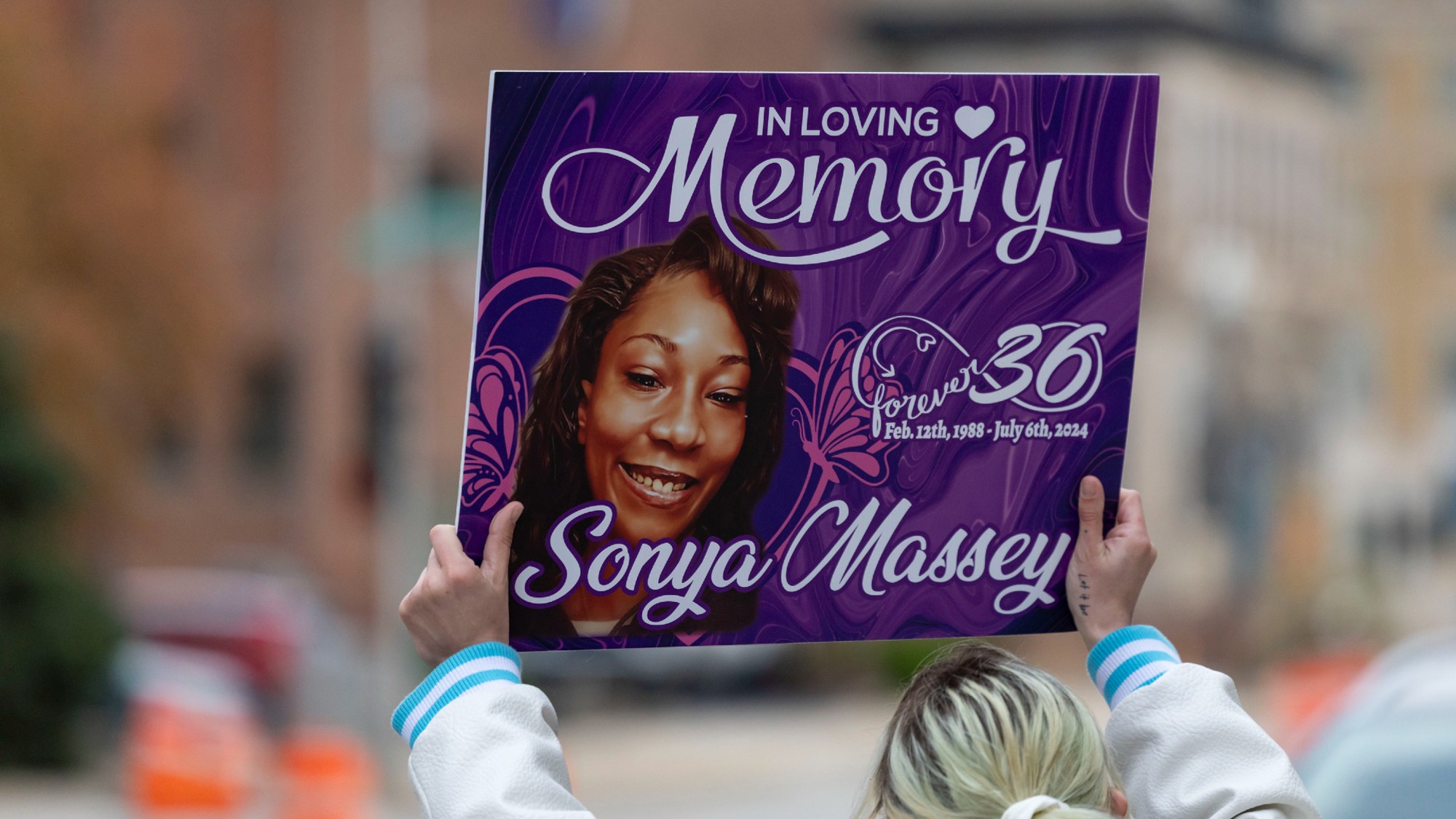 Ex-Illinois deputy gets 20 years for Massey murder
Ex-Illinois deputy gets 20 years for Massey murderSpeed Read Sean Grayson was sentenced for the 2024 killing of Sonya Massey
-
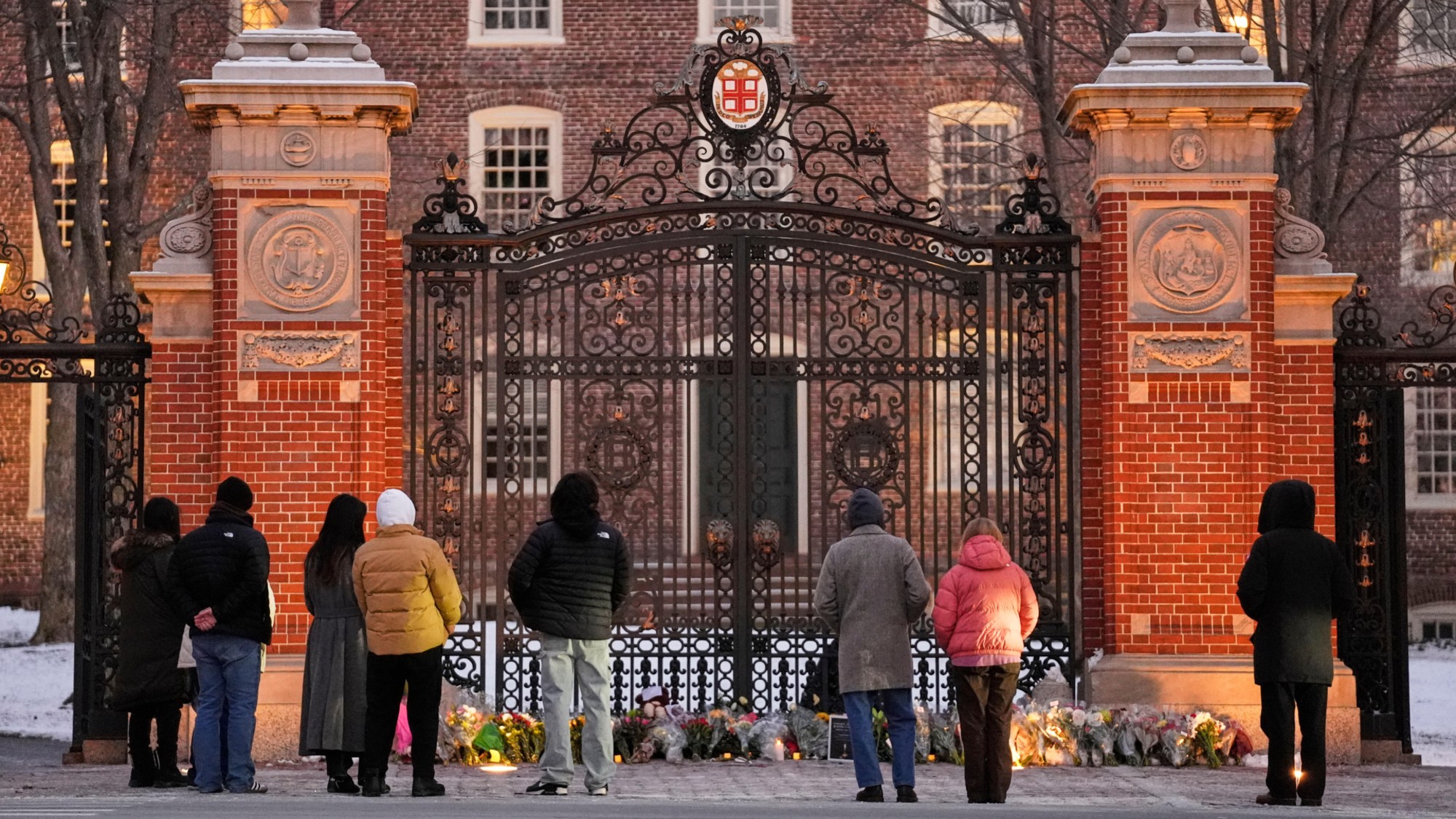 Campus security is under scrutiny again after the Brown shooting
Campus security is under scrutiny again after the Brown shootingTalking Points Questions surround a federal law called the Clery Act
-
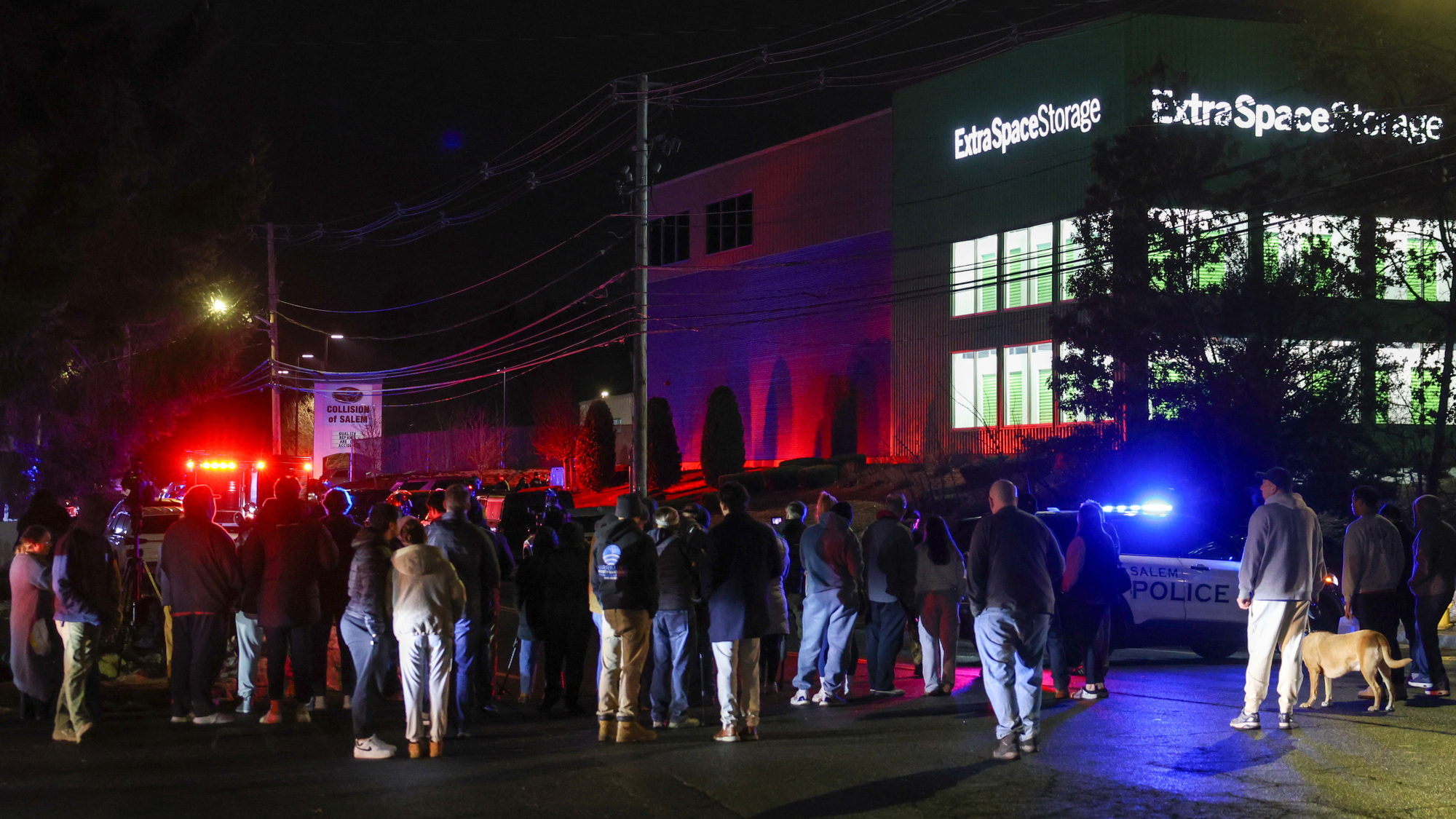 Sole suspect in Brown, MIT shootings found dead
Sole suspect in Brown, MIT shootings found deadSpeed Read The mass shooting suspect, a former Brown grad student, died of self-inflicted gunshot wounds
-
 France makes first arrests in Louvre jewels heist
France makes first arrests in Louvre jewels heistSpeed Read Two suspects were arrested in connection with the daytime theft of royal jewels from the museum
-
 Trump pardons crypto titan who enriched family
Trump pardons crypto titan who enriched familySpeed Read Binance founder Changpeng Zhao pleaded guilty in 2023 to enabling money laundering while CEO of the cryptocurrency exchange
-
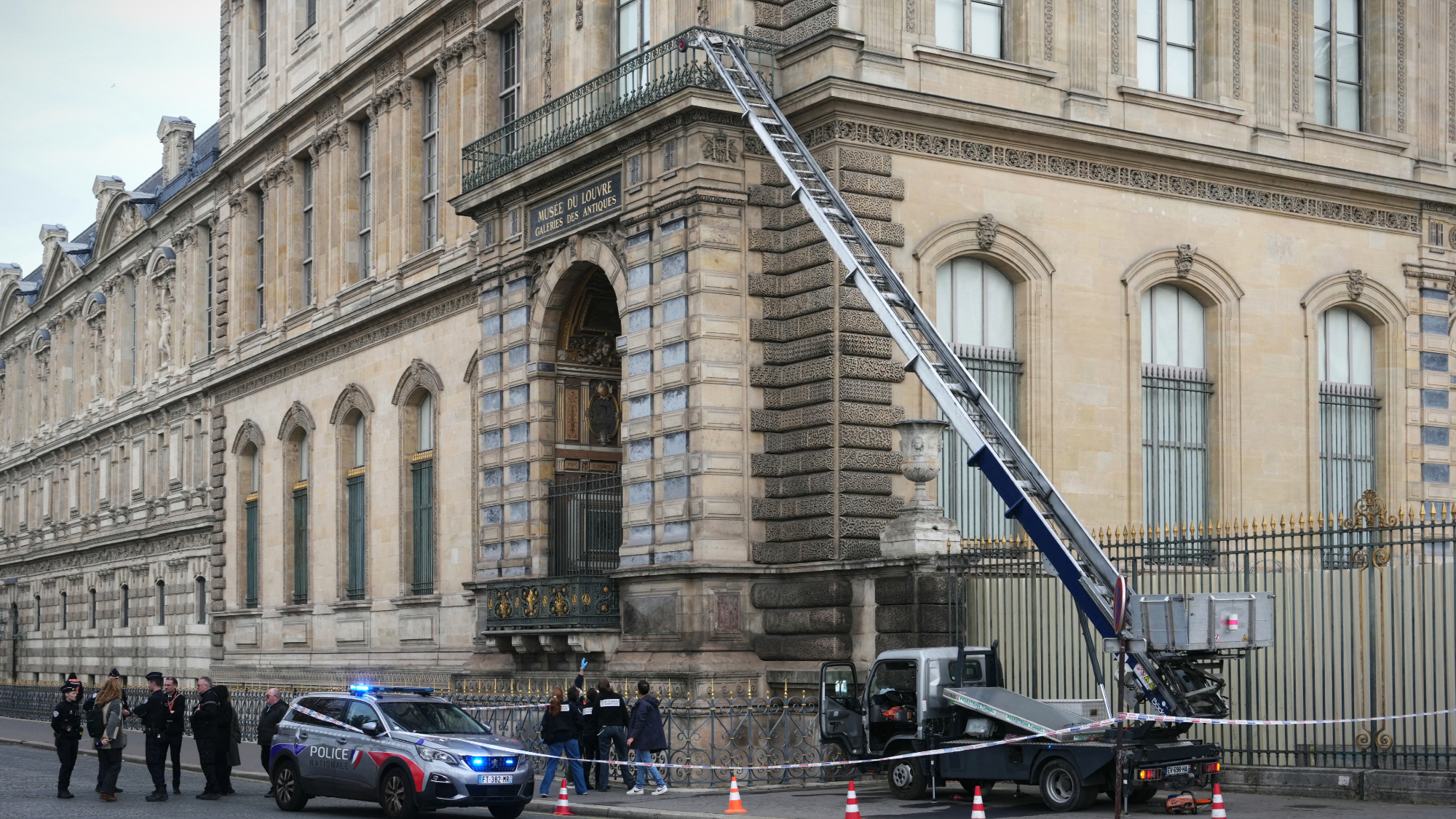 Thieves nab French crown jewels from Louvre
Thieves nab French crown jewels from LouvreSpeed Read A gang of thieves stole 19th century royal jewels from the Paris museum’s Galerie d’Apollon
